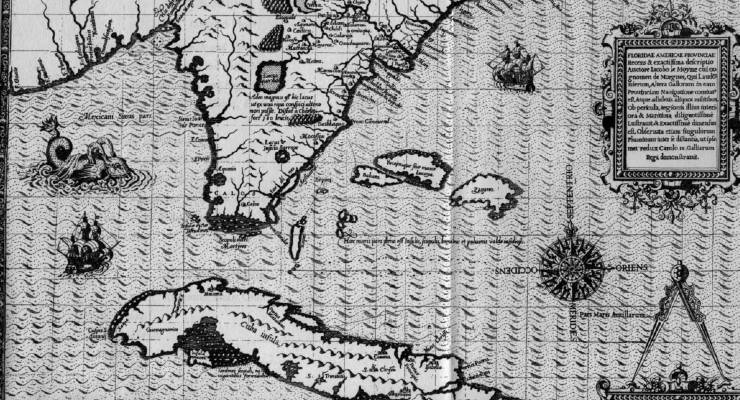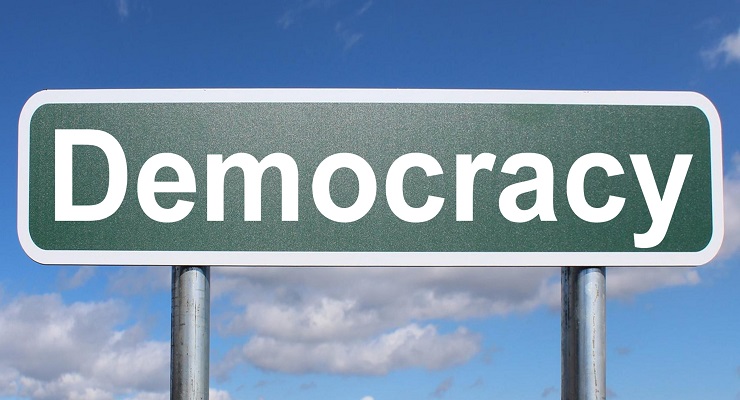
Dan Page Illustrates David Graeber’s book stretching Democracy right to the sea published by The New Republic. Here is an extract:
Fencing booty is the most underappreciated problem of historical pirate logistics. Myths and stories about “going on the account” (as high-seas piracy was known during its late–seventeenth- and early–eighteenth-century golden age) have always played up the dramas of plunder and pursuit, the terror struck into the hearts of merchant sailors upon sighting black flags on the horizon, the unwashed roughneck crews and their ruthless captains. They are tales of swashbuckling, not bookkeeping. But what was a pirate boss to do, upon seizing a Spanish galleon and filling his ship’s hold to the brim with jewels and silks and gold doubloons? Liquidity was a challenge for pirates, too, since massive hauls of precious goods were not so easily converted into cash. Unless they were fortunate enough to know a corrupt colonial official willing to look the other way, they relied on buccaneer outposts beyond the reach of imperial states where ships could be resupplied, crew members could come and go, and rare treasures could be laundered—no questions asked.
Madagascar was such a place. Around the year 1700, it became an essential waypoint for pirates leaving the Caribbean to prey on the booming shipping lanes of the Indian Ocean. In the secluded harbors of its northeastern coast, pirates founded towns like Ambonavola and Sainte-Marie. With as many as a thousand temporary residents at any given moment, and no permanent government, these settlements were part of an informal archipelago of pirate infrastructure that stretched from the West Indies to East Asia. According to David Graeber’s puckish, posthumous book, Pirate Enlightenment, they were also hothouses of political imagination and freedom. Encounters among pirates and local Malagasy people were good for business, but they also led to radical forms of democratic rule and “the first stirrings of Enlightenment political thought,” so many leagues from Paris or Königsberg. These claims are vintage Graeber: exciting if true, probably right in spirit even if they run further than the evidence allows, deliberately irritating to specialists, and characterized by an anarchist’s delight in the world-making power of ordinary people.
Graeber, who died in 2020 at the age of 59, was an anthropologist and social theorist of the highest caliber. He was also a fierce anti-globalization activist who found in the Occupy movement a cause that suited his distaste for inequality and authority. Pirate Enlightenment is fired by the same rebellious temper. With arresting certainty, it claims that a bold democratic experiment flowered in eighteenth-century Madagascar, thus unraveling tales many times told about how Europeans reinvented democracy and built the modern world first, best, and by themselves.
Read the full article here.

Leave a Reply